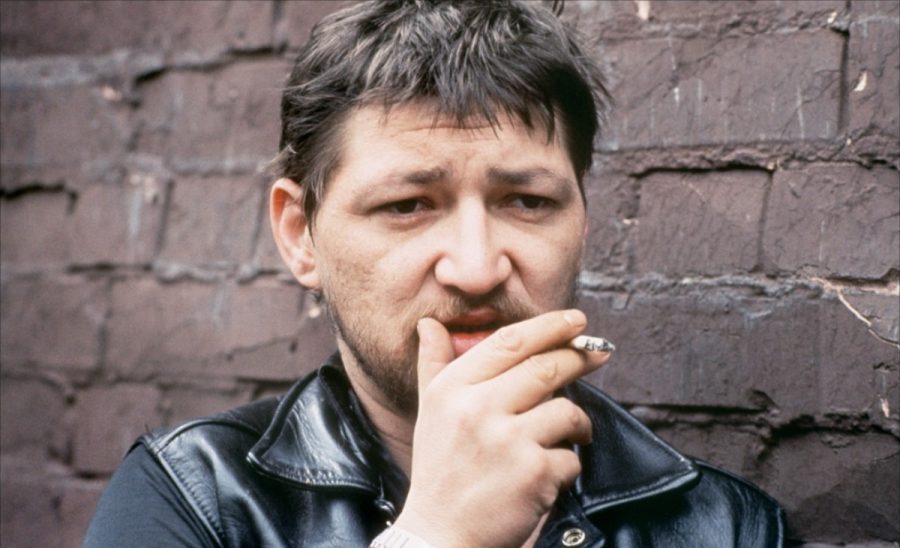@Filmhouse Edinburgh, Fri 2 Jun to Wed 21 Jun 2017
Most film directors under the age of forty will usually only have a few features films to their name. German filmmaker Rainer Werner Fassbinder is truly unique, as by the time of his death in 1982 (when only thirty-seven years old), he had a vast back catalogue of over forty feature films, along with several stage plays, radio plays, television series and short films. What is even more astonishing is the quality this work. Throughout June 2017 the Edinburgh Filmhouse is presenting a short season of six Fassbinder feature films, that give an introduction to the director and his prolific output.
Fassbinder explored many themes in his work, with loneliness and love being his constant obsessions. The Bitter Tears of Petra Von Kant was released in 1972 and explicitly presents the complex turmoil that love can bring. Margit Carstensen plays Petra, a fashion designer who falls in love with aspiring model Karin Thim (Hanna Schygulla). The complicated and deep emotions of this affair are presented in beautiful extended scenes. The camera lingers on both the characters and allows us to understand their thorny relationship. We are witness to Petra’s and Karin’s true feelings and fully experience the “Bitter Tears” that the title refers to.
The theme of love is explored again in Fear Eats the Soul. As with many of Fassbinder’s films, this movie was shot in just over two weeks and made on a very small budget. Despite this, the film went on to win the International Critics Prize at the Cannes Film Festival 1974 and is regarded as one of Fassbinder’s best loved and most influential movies. Fear Eats the Soul centres on an interracial relationship and underlines the directors subversive and distinctive approach to storytelling. The isolation that the couple experience is explicitly expressed onscreen and proves that, for Fassbinder, love comes at a price and life is never straight forward.
1974 saw the release of Fassbinder’s adaptation of Theodor Fontane’s novel Effie Briest. The film highlights the working relationship between the director and actress Hanna Schygulla. She appears in The Marriage of Maria Braun (also showing at the Filmhouse in June) and in Fassbinder’s television series Berlin Alexanderplatz. Their partnership was a fruitful one and could be compared to the creative relationship between filmmaker Jean-Luc Godard and actress Anna Karina. Godard was clearly an influence on Fassbinder. The French Nouvelle Vague director liked to push boundaries and released his films at a relentless rate. Fassbinder’s filmography showcases a similar approach to film making and the influence of other French directors, such as François Truffaut and Claude Chabrol, can be seen in Fassbinder’s love of drama and tragedy.
With the 1974 film Fox and His Friends, Fassbinder clearly had the intention to challenge opinions of sexuality and love. In regards to the movie, the director was quoted as saying “homosexuality is shown as completely normal, and the problem is something quite different, it’s a love story, where one person exploits the love of the other person, and that’s the story I always tell”. In many ways Fox and His Friends is the distinctive Fassbinder film. Love, sexuality, drama and solitude are all explored and presented in the director’s own unique style.
The Fassbinder season at the Filmhouse concludes with Despair, a rare English language film starring Dirk Bogarde and adapted from a Nabokov novel by the English playwright Tom Stoppard. With a big budget and international cast, Despair feels somewhat of an anomaly in Fassbinder’s catalogue. However, the common themes of love and strife, along with the backdrop of 1930’s Germany, again underlines a subversive and innovative approach to film making. The selection of six films at the Edinburgh Filmhouse shows that Rainer Werner Fassbinder is one of Germany’s finest filmmakers and without a doubt the most interesting and fascinating one.
